Mirantis snaps up Docker's enterprise platform
The container platform is refocusing its business with a new CEO and fresh funding
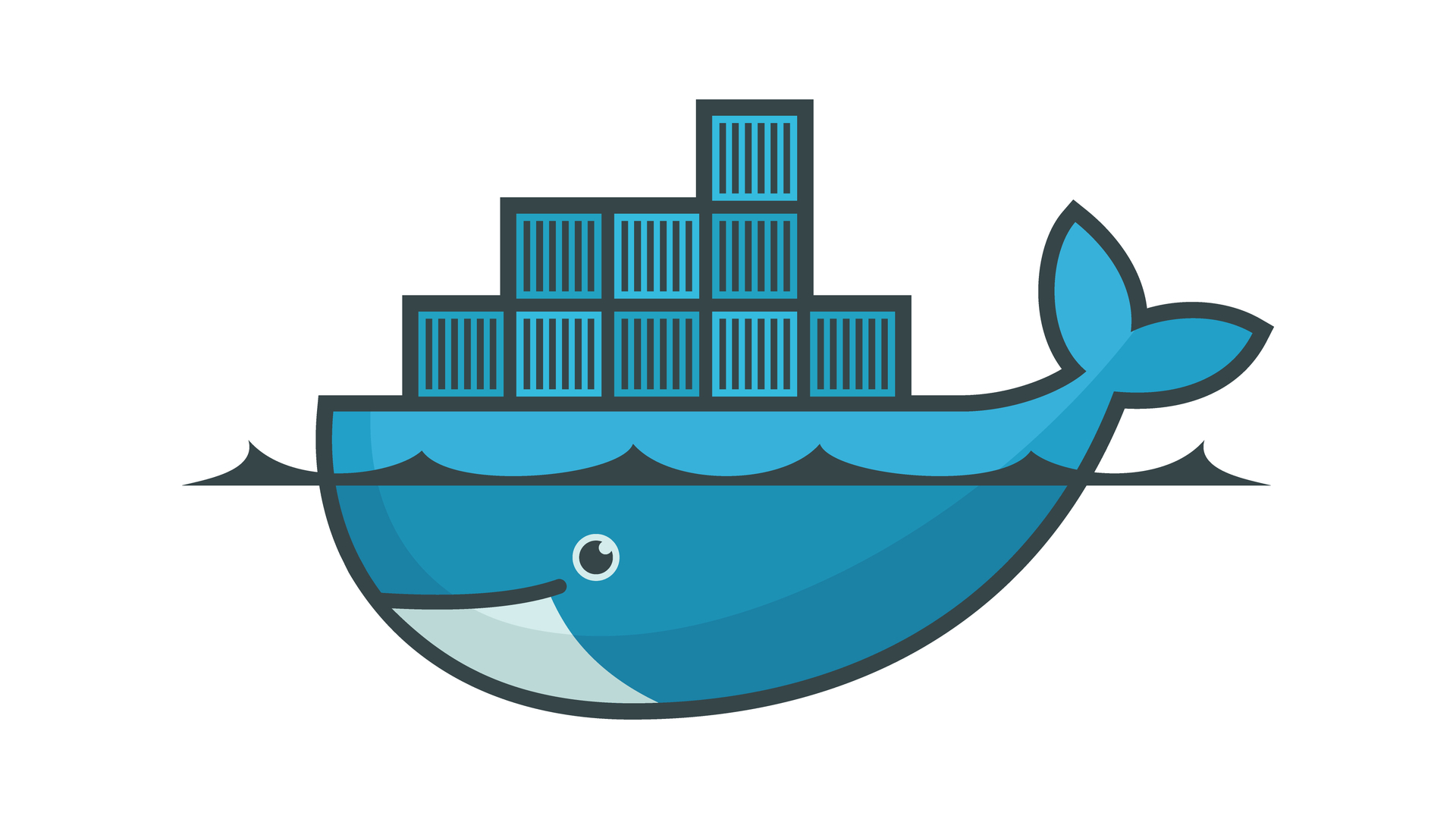

Mirantis has acquired Docker's Enterprise Business Platform to accelerate its Kubernetes as a service deployment.
The terms of the deal are confidential but Mirantis will absorb all Docker enterprise customers and contracts, along with its strategic technology alliance and partner programs.
Docker was once the leader in containers but lost some ground after Google open-sourced Kubernetes. Its enterprise business was still healthy, however, with a fifth of global 500 companies on its roster, according to TechCrunch.
But with this section of its business now gone, Docker said it will continue to focus on tools for developers.
Mirantis said joining its Kubernetes technology with the Docker Enterprise Container Platform brings simplicity and choice to enterprises migrations. CEO Adrian Ionel said it's the easiest and fastest path to the cloud for new and existing applications.
"The Docker Enterprise employees are among the most talented cloud-native experts in the world and can be immensely proud of what they achieved," he said. "We're very grateful for the opportunity to create an exciting future together and welcome the Docker Enterprise team, customers, partners and community."
Mirantis will acquire the Docker Enterprise Technology Platform and all associated IP addresses. These include the Docker Enterprise Engine, Docker Trusted Registry, Docker Unified Control Plane and Docker Command Line.
Get the ITPro daily newsletter
Sign up today and you will receive a free copy of our Future Focus 2025 report - the leading guidance on AI, cybersecurity and other IT challenges as per 700+ senior executives
Neither firm has disclosed the fee for the deal, but it signals a new direction for Docker. Shortly after the announcement, the company revealed it had secured a $35 million investment from Benchmark and Insight. There has also been a change at the top, with former CPO Scott Johnston assuming the role of CEO from Rob Bearden, who replaced Steve Singh in May.
"Going forward, in partnership with the community and ecosystem, we will expand Docker Desktop and Docker Hub's roles in the developer workflow for modern apps," said Johnston.
"Specifically, we are investing in expanding our cloud services to enable developers to quickly discover technologies for use when building applications, to easily share these apps with teammates and the community, and to run apps frictionlessly on any Kubernetes endpoint, whether locally or in the cloud."
Bobby Hellard is ITPro's Reviews Editor and has worked on CloudPro and ChannelPro since 2018. In his time at ITPro, Bobby has covered stories for all the major technology companies, such as Apple, Microsoft, Amazon and Facebook, and regularly attends industry-leading events such as AWS Re:Invent and Google Cloud Next.
Bobby mainly covers hardware reviews, but you will also recognize him as the face of many of our video reviews of laptops and smartphones.
-
 Third time lucky? Microsoft finally begins roll-out of controversial Recall feature
Third time lucky? Microsoft finally begins roll-out of controversial Recall featureNews The Windows Recall feature has been plagued by setbacks and backlash from security professionals
By Emma Woollacott Published
-
 The UK government wants quantum technology out of the lab and in the hands of enterprises
The UK government wants quantum technology out of the lab and in the hands of enterprisesNews The UK government has unveiled plans to invest £121 million in quantum computing projects in an effort to drive real-world applications and adoption rates.
By Emma Woollacott Published
-
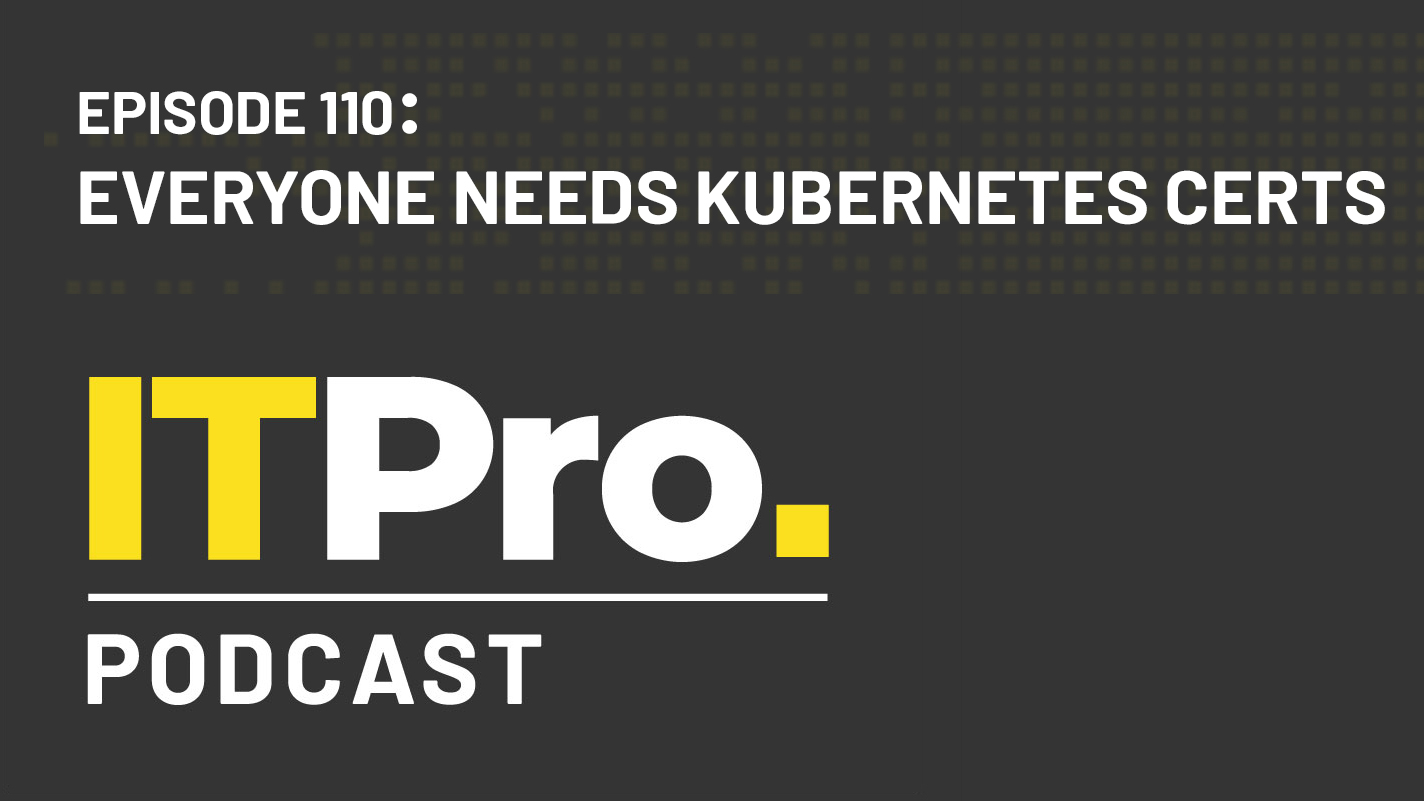 The IT Pro Podcast: Everyone needs Kubernetes certs
The IT Pro Podcast: Everyone needs Kubernetes certsIT Pro Podcast Containerisation skills are now a business imperative
By IT Pro Published
-
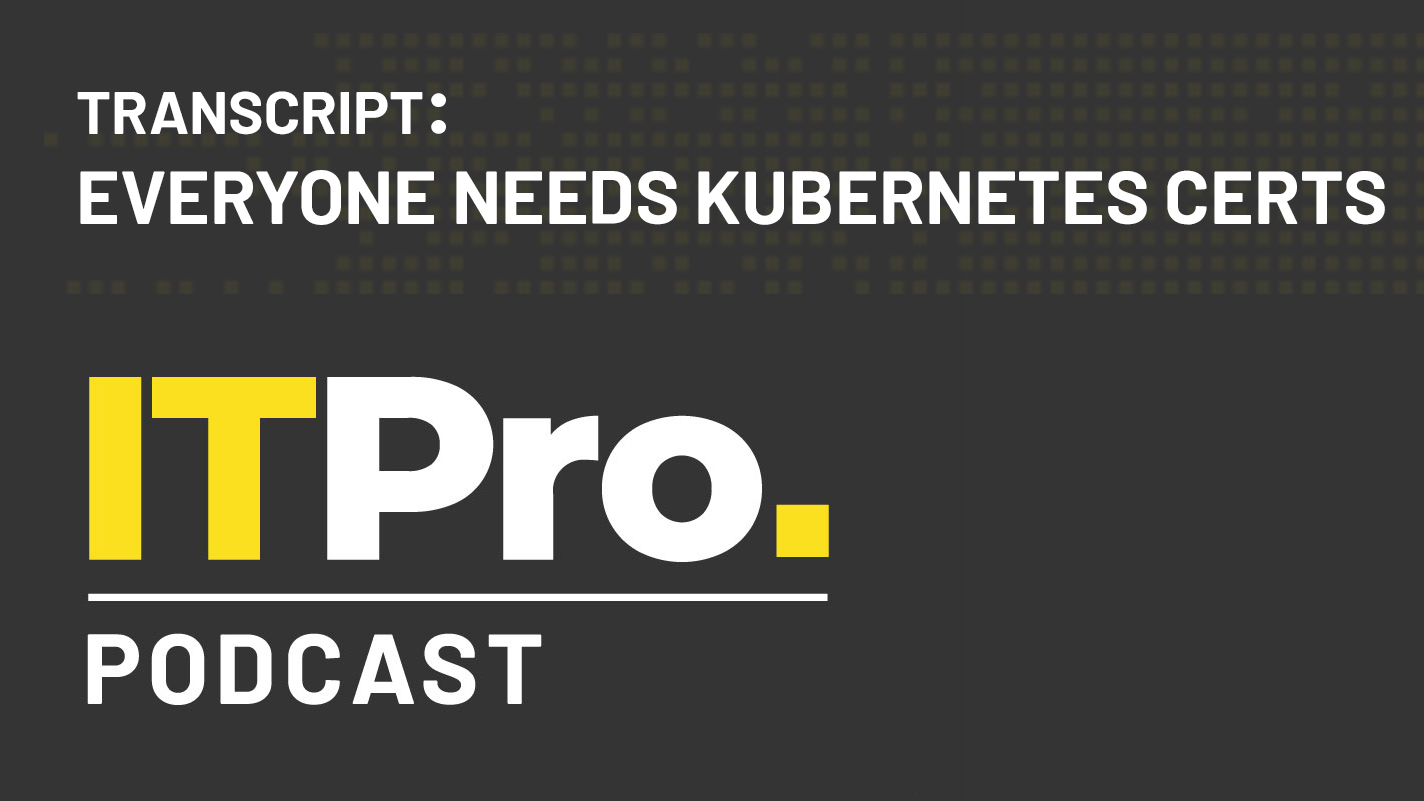 Podcast transcript: Everyone needs Kubernetes certs
Podcast transcript: Everyone needs Kubernetes certsIT Pro Podcast Read the full transcript for this episode of the IT Pro Podcast
By IT Pro Published
-
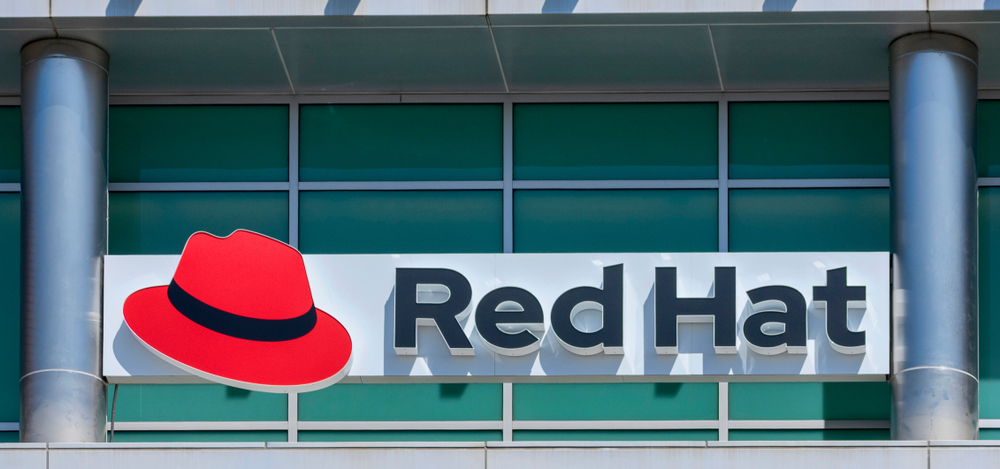 Red Hat unveils common Kubernetes platform for Windows and Linux
Red Hat unveils common Kubernetes platform for Windows and LinuxNews The service makes it possible to manage Linux and Windows-based containerized workloads side by side
By Praharsha Anand Published
-
 Docker partners with AWS to help take the complexity out of containerisation
Docker partners with AWS to help take the complexity out of containerisationNews Expanded partnership with AWS further highlights Docker's new developer-centric focus
By Bobby Hellard Published
-
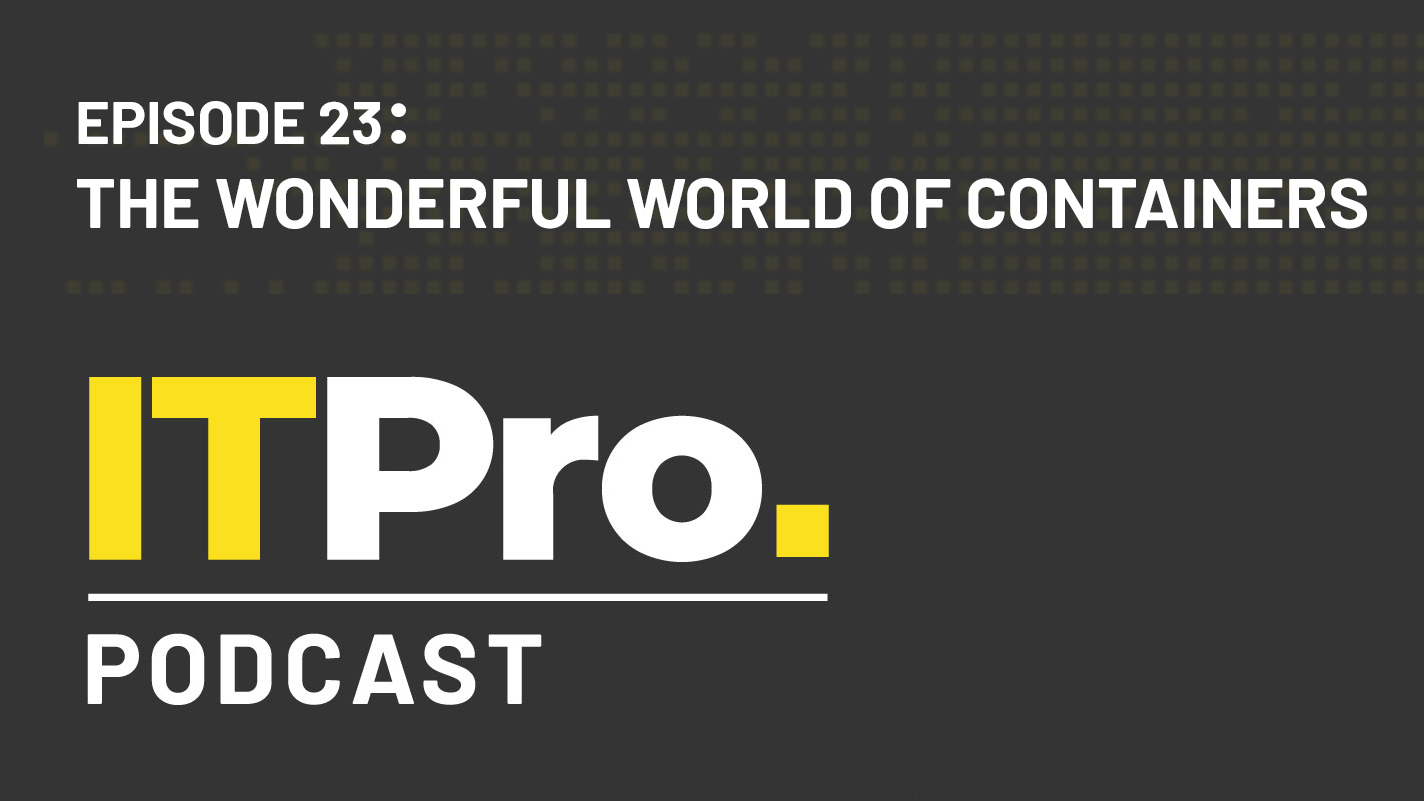 The IT Pro Podcast: The wonderful world of containers
The IT Pro Podcast: The wonderful world of containersIT Pro Podcast Are containerised apps the future - and how do you get started with them?
By IT Pro Published
-
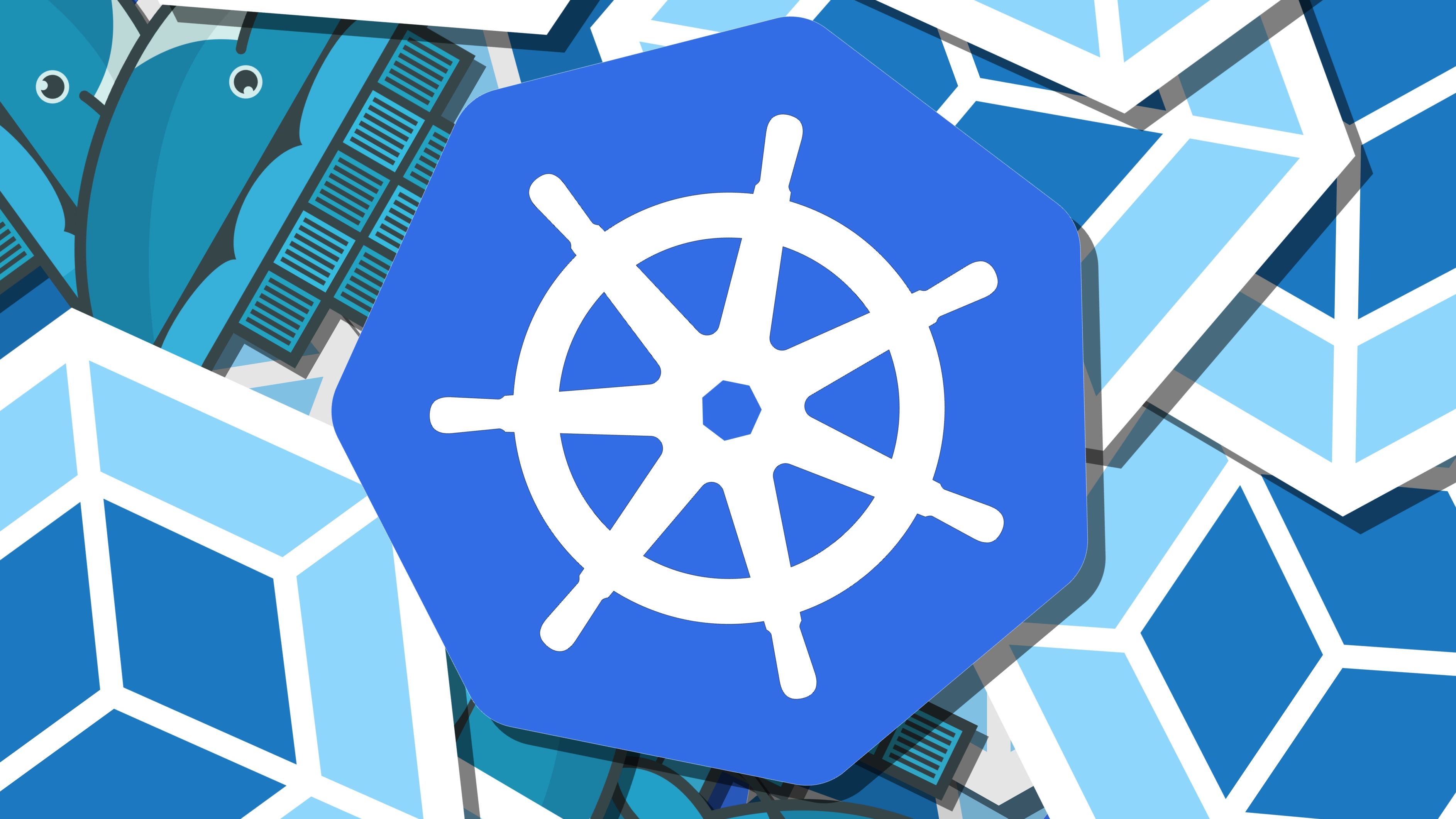 Getting started with Kubernetes
Getting started with KubernetesTutorials Your guide to Google’s container platform
By Danny Bradbury Published
-
 Bottlerocket is Amazon's new purpose-built OS for running containers
Bottlerocket is Amazon's new purpose-built OS for running containersNews The open source system features a single step process to support automated updates
By Dale Walker Published
-
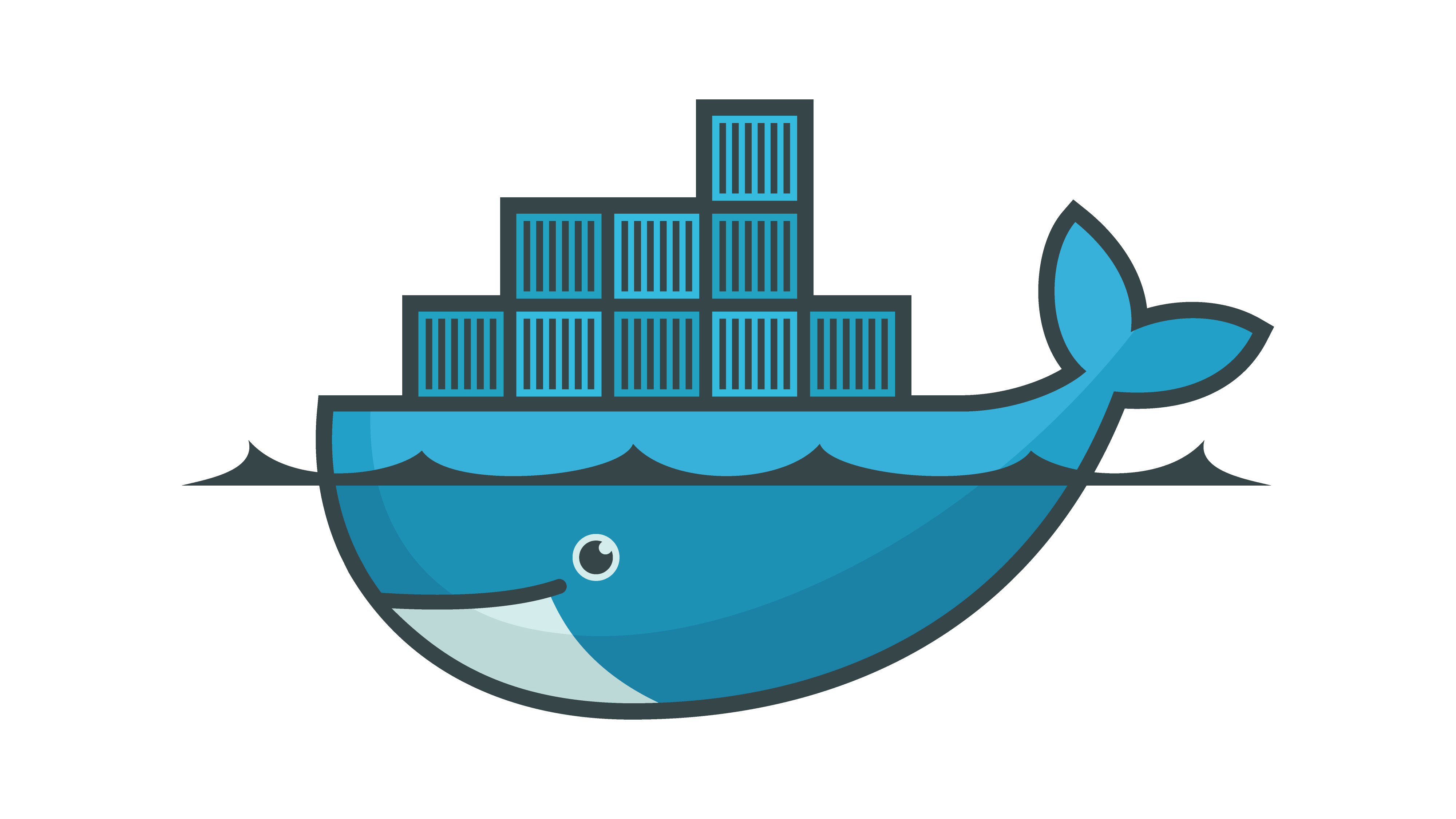 Docker tutorial for beginners: How to get started with Docker
Docker tutorial for beginners: How to get started with DockerTutorials How to install Docker and start working with containerized applications
By Richard Speed Published